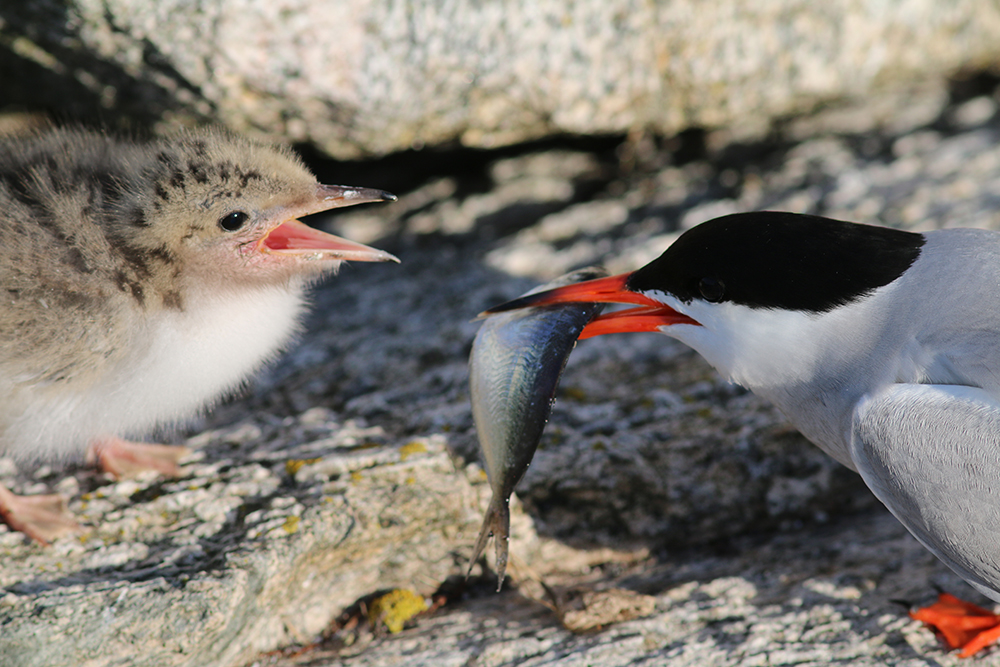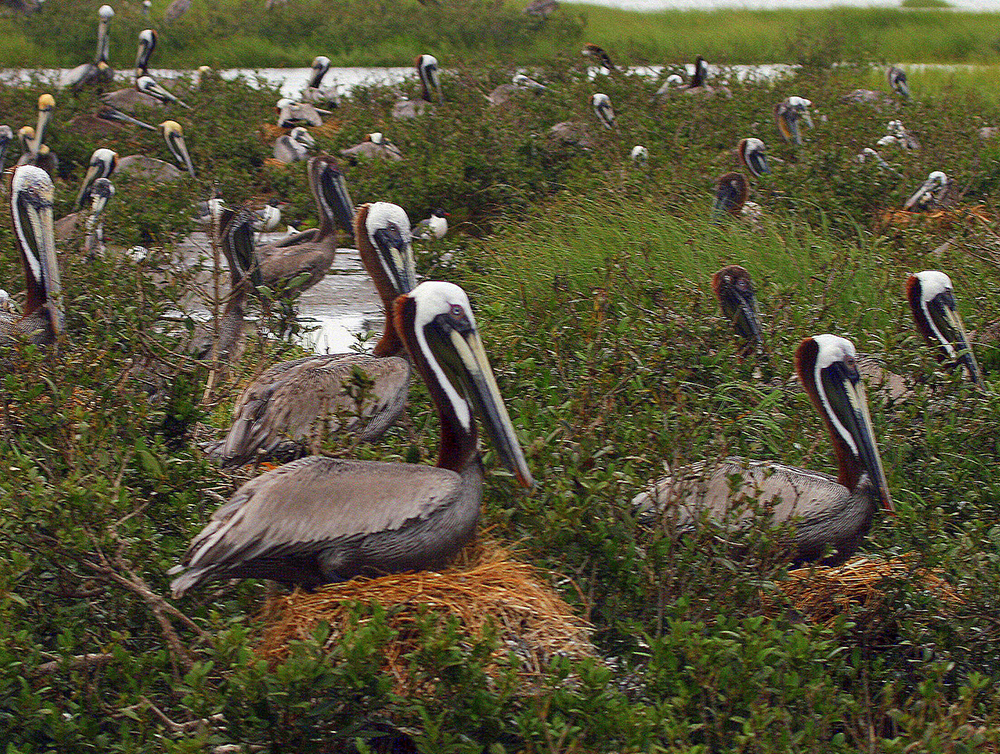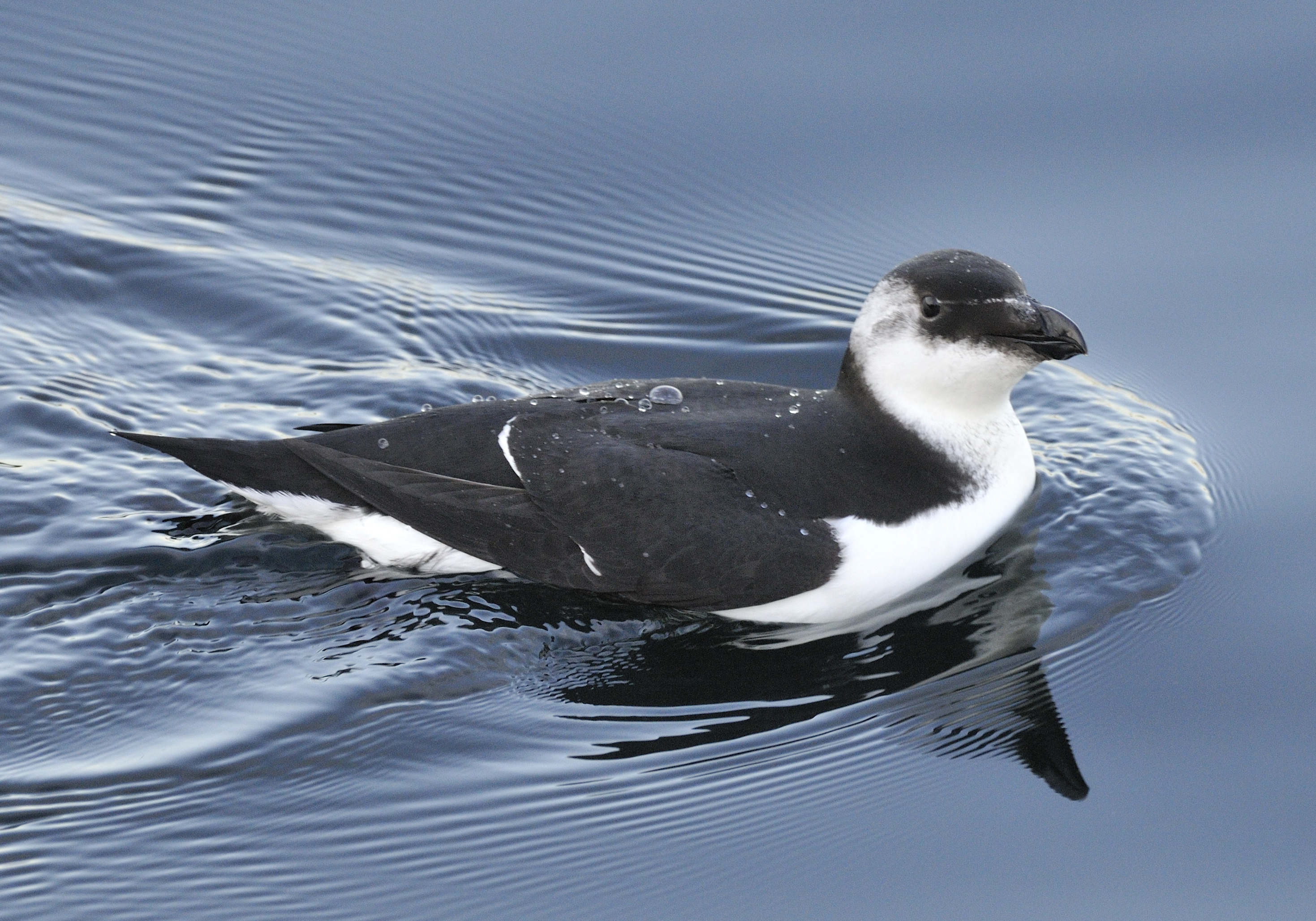Keenan Yakola, a Masters student at the University of Massachusetts Amherst and a fellow with…

Plastic Ingestion and Bycatch Demographics of Great Shearwaters from the Gulf of Maine
Since 1950 globally monitored seabird populations have declined significantly, with possible causal factors including plastic pollution, fisheries bycatch, and climate change. Seabirds are particularly prone to plastic ingestion and are excellent indicators of plastic pollution. Procellariiformes, like Great Shearwaters (GRSH; Ardenna gravis), are particularly prone to plastic ingestion with 71% of sampled GRSH from 2005 – 2008 along the U.S. East Coast containing at least one piece of plastic (n = 17). Surface water plastic abundance is correlated with plastic production, which is slated to quadruple by 2050. Therefore, seabird plastic ingestion will likely increase with unknown consequences for seabird population resilience. Anecdotally, this hypothesis has been supported with 94% of juvenile GRSH examined in 2017 containing at least one piece of plastic (n = 19; Anna Robuck pers. comm.). This project will make use of an existing dataset of necropsied GRSH collected by fisheries observers from the Gulf of Maine during 2007 – 2018. An additional 30 GRSH collected in 2019 will be necropsied to supplement the existing dataset. Ingested plastic debris from 6 – 12 necropsied GRSH per year will be analyzed to identify polymer type (n ≈ 1000 plastic pieces from ~100 GRSH). Modeling techniques will then be used to assess relationships between plastic metrics and polymer identity with the GRSH necropsy data, which also includes demographic information (e.g., sex, age, and overall basic health). This project will be one of the first to comprehensively measure plastic ingestion by GRSH and to assess plastic polymer identity relevant to a regional species.
Contacts:
David Wiley, Stellwagen Bank National Marine Sanctuary, david.wiley@noaa.gov
Anna Ruth Robuck, University of Rhode Island, anna_robuck@uri.edu
Gwenyth Emery, University of Rhode Island, gwenyth.emery@gmail.com
Christy Hudak, Center for Coastal Studies, chudak@coastalstudies.org
Johanna Pederson, Integrated Statistics, Inc., johanna.pedersen@noaa.gov
Joshua Hatch, Northeast Fisheries Science Center (NEFSC), joshua.hatch@noaa.gov



